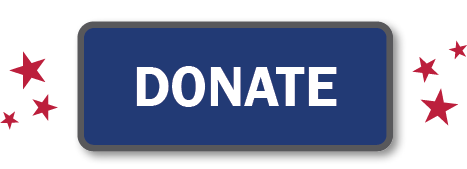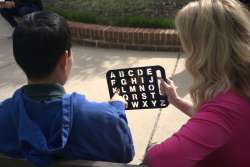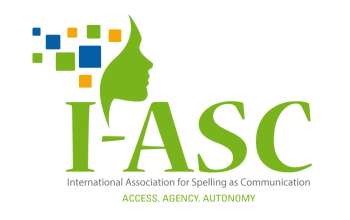Our Mission:
At I-ASC, we are committed to reliable communication for every nonspeaker worldwide. There are an estimated 30 million people who cannot use speech as a reliable means of communication. About 70% are autistic; the other 30% have motor-sensory disabilities that affect their ability to speak. Access to communication is a human right. Through training, education, advocacy, and research, we are changing the lives of nonspeaking people by teaching them the purposeful motor skills to point to letters to spell their thoughts and ideas. Reliable communication is transformative. Communication leads to lifelong education, employment, relationships, and community. Your generous support will change the lives of nonspeaking people.
William’s Story:
If you met me when I was in preschool, you would have thought, “Wow, what a cute kid. It’s really too bad he doesn’t understand anything you say. It’s too bad he has autism, and he is so low functioning. He always cries when we are about to do something fun and creates delays. He’s really not interested. He doesn’t understand.”
Some children can’t access reliable communication (through speech), and they are frustrated by the inability of family and caregivers to understand or interpret their needs. Imagine that you are the child that aims to speak but can’t, and everyone around them likes to complain that they are difficult. Have you ever had that happen?
I am different now thanks to learning to spell to communicate. Spelling cut out most of my frustrations. I don’t have to listen to people wildly guessing what makes me cry, which made things much worse.
Having a dysregulated body is a quandary aimed to bring the nonspeaker to his or her lowest point of vertigo, and it leads to false assumptions about their brains. People see a really disabled sense of coordination and assume that the corresponding nervous system connects to a disabled language comprehension system. My nervous system is a mess, but my cognitive thoughts are not dependent on it to think. You all have the opportunity to be somebody that makes a difference in a disabled child’s life.
-William Tziavaras, nonspeaker, comedian, high school student





